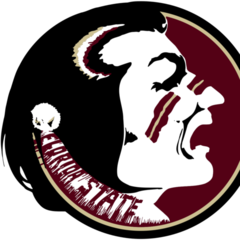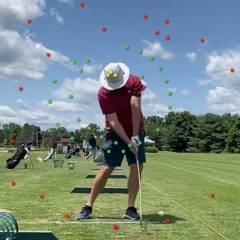IGNORED
Par + Handicap for Holes Not Played under the Principles of the RoG
Note: This thread is 1556 days old. We appreciate that you found this thread instead of starting a new one, but if you plan to post here please make sure it's still relevant. If not, please start a new topic. Thank you!
-
Topics Being Discussed Right Now on The Sand Trap
-
- 2,374 replies
- 238,147 views
-
- 6,650 replies
- 264,051 views
-
- 10 replies
- 1,786 views
-
- 3 replies
- 261 views
-
"5 Minutes Daily" Practice Challenge 1 2 3 4 841
By iacas, in Instruction and Playing Tips
- 5 minutes daily
- dedication
- (and 6 more)
- 15,136 replies
- 913,767 views
-








Recommended Posts
Create an account or sign in to comment
You need to be a member in order to leave a comment
Create an account
Sign up for a new account in our community. It's easy!
Register a new accountSign in
Already have an account? Sign in here.
Sign In Now